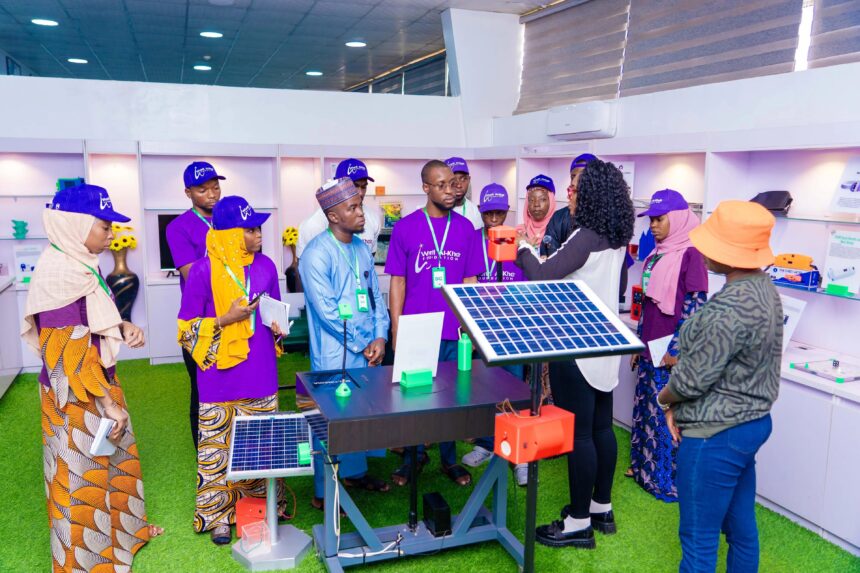The Wunti Alkhair Foundation has launched an agricultural technology program, training 1,000 locals in Bauchi State in a move to bridge the gap between traditional farming and modern technology,.
The initiative, recently unveiled in the state capital, aims to combine digital farming tools with business and financial literacy, offering participants an opportunity to grow beyond subsistence farming into scalable agribusiness.
Agriculture remains one of Nigeria’s largest employers, but low productivity, outdated methods, and limited access to finance have kept many farmers trapped in cycles of poverty. The foundation’s program seeks to change that by exposing trainees to practical tools and knowledge, ranging from improved farming technologies to the fundamentals of managing agribusinesses.
Organisers say the project is not just about training but also about reshaping the mindset of participants—encouraging them to think of farming as a business rather than a fallback occupation. Access to finance has also been woven into the plan, offering participants a pathway to turn knowledge into practice.
Human Impact and Community Benefits
For farmers in Bauchi, the promise of agricultural technology could be transformative. Imagine a young farmer who previously relied on guesswork now able to use data-driven methods to predict crop cycles, reduce losses, and negotiate better prices. For women and youth in particular, who often face barriers to land and capital, training opportunities like these open doors to inclusion in the local economy.
Beyond individual gains, the program aims to strengthen community ties. By scaling small enterprises and encouraging collaboration, the foundation hopes to create ripple effects that go beyond farming, spurring micro-businesses and job opportunities across rural Bauchi.
Why it Matters
The foundation’s move highlights a bigger question for Nigeria’s agricultural sector: Can philanthropy alone drive systemic change? While training 1,000 people is a significant start, scaling agritech solutions requires government support in infrastructure, policies, and extension services. Without reliable electricity, internet access, and rural roads, the benefits of digital farming may remain limited.
Economists argue that such projects need to complement broader national strategies. With Nigeria’s population expected to keep rising, food security depends on how quickly the agricultural sector can adapt to modern practices.
The success of the Wunti Alkhair Foundation’s effort will likely depend on sustainability. If participants receive follow-up support—such as access to inputs, financing, and continuous mentorship—the initiative could become a blueprint for other states.
For now, Bauchi’s experiment underscores a crucial truth: the future of farming in Nigeria cannot ignore technology. Whether this becomes a turning point for thousands or a one-off intervention will depend on how seriously stakeholders, both private and public, take the call to modernise agriculture.
Talking Points
It’s commendable that the Wunti Alkhair Foundation is training 1,000 people, but let’s be honest: agriculture reform can’t hinge on goodwill alone. Without robust government policies, reliable electricity, rural internet, and infrastructure, such efforts risk being little more than noble experiments.
Training farmers on digital tools in areas where internet connectivity is patchy at best feels like building castles on sand. If Nigeria is serious about agri-tech, then digital infrastructure must be treated as urgently as food security itself.
Farming still carries a stigma among young Africans—seen as “dirty work” for survival, not a modern career. Programs like this are a step in the right direction, but unless farming is positioned as tech-enabled, profitable, and aspirational, many youths will continue to flock to urban areas in search of “real jobs.”





